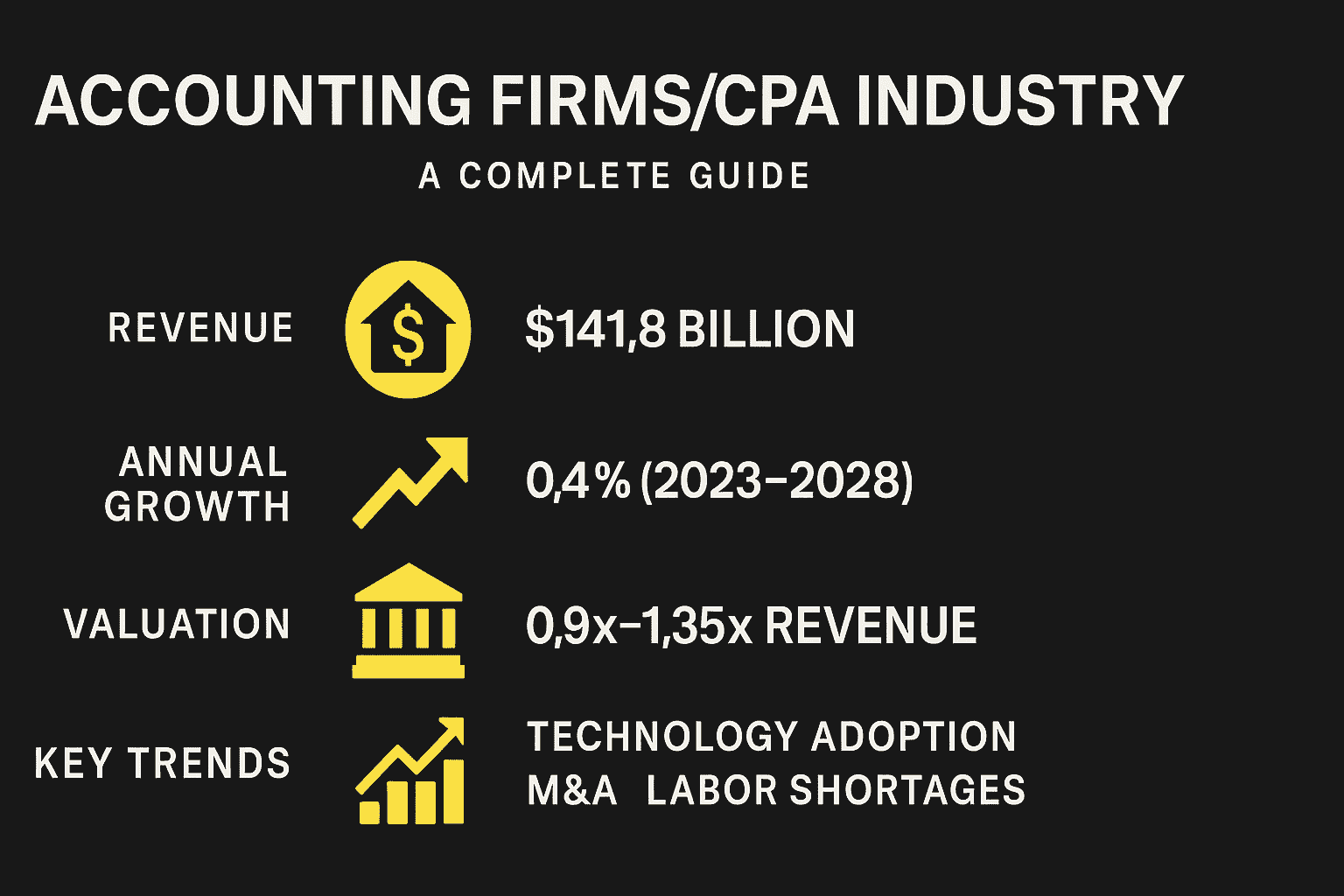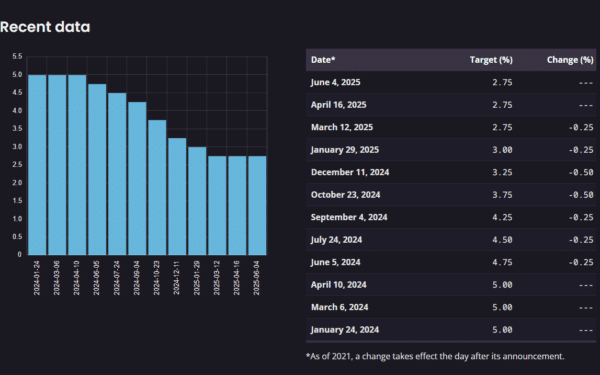Choosing a top realtor in Brampton in 2026 requires more than relying on titles or promotional claims. The real estate market has evolved into a nuanced landscape where neighbourhood-level expertise, pricing precision, negotiation strength, and client trust determine outcomes. With dozens of agents operating in Brampton, questions naturally arise about who truly deserves recognition as a leading real estate professional. This article explores the measurable market facts, performance signals, and client feedback that help answer the question: Is Parveen Arora the #1 realtor in Brampton?
Selling or buying a home is one of the most important financial decisions someone will make. That’s why choosing representation grounded in experience, accountability, and data is essential. Parveen Arora is widely recognized in Brampton for his disciplined, local market expertise and results-driven approach. His profile on independent platforms such as RankMyAgent reflects strong, verified client reviews that highlight his communication, negotiation skills, and professional integrity. This transparency into client feedback helps illustrate why many homebuyers and sellers consistently turn to Parveen — not for hype, but for strategy, clarity, and measurable results in Brampton’s competitive real estate landscape.
How Realtor Rankings Work — And Why They Matter
Industry rankings and third-party platforms are valuable because they provide a data-based view of a realtor’s performance — including client reviews, transaction volume, service quality metrics, and consistency over time. Sites like RankMyAgent compile verified client feedback and ratings, which bring transparency to realtor performance beyond marketing language.
Credible ranking criteria often include:
- Verified client reviews and ratings
- Professionalism and responsiveness
- Negotiation effectiveness
- Local market knowledge
- Transaction history over time
By comparing these factors across agents in Brampton, buyers and sellers can make more informed decisions about who is best positioned to represent their interests.
The Importance of Verified Client Feedback
One of the most powerful indicators of realtor performance is verified client feedback from independent platforms such as Parveen Arora’s RankMyAgent profile. These reviews provide insight into professionalism, market knowledge, and service quality from real clients rather than promotional language.
Verified reviews contribute to accountability. They highlight how an agent communicates during complex negotiations, adapts to market conditions, and supports clients during one of the most significant financial transactions of their lives.
Market Performance and Transaction Consistency
Market performance is another essential factor — not just annual statistics, but consistency over multiple years and across market cycles. A top realtor demonstrates the ability to adapt whether the market is accelerating, stabilizing, or balancing. Transaction histories show patterns of success that cannot be captured by surface-level metrics alone.
Sources such as MLS® sales data, regional price trends, and brokerage performance reports show that experienced agents with deep local knowledge consistently outperform average metrics in terms of sale price, negotiation leverage, and days on market. While individual results vary by neighbourhood and segment, long-term performance provides confidence in an agent’s strategic planning ability.
Local Market Expertise at a Micro Level
Brampton is not a single homogeneous market; it is composed of pockets with unique pricing behaviour, supply conditions, and buyer demand. Real estate success in Brampton often depends on an agent’s ability to interpret micro-market nuances — something that goes beyond city-wide averages.
Areas such as Castlemore, Vales of Humber, Bram East, Springdale, and Mount Pleasant all have different demand profiles and pricing gradients. Top realtors examine local comparables, buyer expectations, school district impacts, and infrastructure plans to provide accurate guidance.
Disciplined Pricing and Negotiation Strength
Another measure of top performance is pricing discipline. A leading realtor does not simply choose a high listing price; they determine market value based on comparables, competition, and buyer behaviour. This strategy ensures listings attract qualified interest without unnecessary delays.
Negotiation is equally important. Skilled negotiation protects seller value while ensuring buyers are positioned realistically based on current conditions. Negotiation outcomes can make a significant difference in net result for sellers and cost savings for buyers.
Transparent Communication and Client Support
Buying or selling a home involves complex decisions and often emotional conversations. Top realtors guide clients with transparent communication, frequent updates, and expert explanations of market data. Verified reviews from independent sources highlight the importance of this support throughout the transaction process.
Communication is not just about frequency; it is about clarity, honesty, and consistency — allowing clients to understand opportunities and risks at every stage.
Industry Recognition and Professional Standing
Industry recognition — such as awards, designations, and professional affiliations — also adds credibility. While these credentials do not replace verified client feedback, they do signal peer acknowledgement and adherence to professional standards.
Realtor associations, sales awards, and leadership positions within brokerage networks reflect a level of expertise that complements client-based ratings. These recognitions often rely on transaction performance and professional conduct over time.
Independent Platforms and Transparent Metrics
Platforms like RankMyAgent compile verified reviews and ratings from actual clients, offering transparency into realtor performance. This data surpasses traditional testimonials by focusing on verified outcomes rather than curated highlights.
Verified platforms provide data such as review averages, response rates, and detailed client feedback categories — all of which contribute to a well-rounded picture of an agent’s service quality and market impact. Sellers and buyers alike benefit from this transparency when comparing realtors in Brampton.
Conclusion: What the Market Facts Reveal
So, is Parveen Arora the #1 realtor in Brampton? Based on verified client reviews, long-term performance, negotiation discipline, and neighbourhood-specific expertise, the facts indicate that he consistently ranks among the top realtors serving the area. Rather than relying on self-promotional claims, measurable performance indicators from independent sources like RankMyAgent demonstrate why many buyers and sellers choose his service.
Choosing an agent should always be rooted in data and performance rather than titles alone. In a competitive market like Brampton, verified expertise and consistent results make all the difference.
Frequently Asked Questions
1. How important are verified client reviews when choosing a realtor in Brampton?
Verified client reviews are extremely important when choosing a realtor in Brampton because they provide direct insight into real client experiences rather than promotional messaging. Authentic reviews on independent platforms like RankMyAgent include information about communication quality, professional conduct, responsiveness, and negotiation outcomes. These factors contribute to a more reliable picture of a realtor’s day-to-day performance. Reviews also highlight consistency over multiple transactions, which is a strong indicator of an agent’s ability to deliver results under varying market conditions. By considering this verified feedback, homebuyers and sellers can make a more informed decision based on documented outcomes rather than marketing claims alone.
2. Can market performance data alone determine if a realtor is the #1 choice in Brampton?
No single data point — such as sales volume or price averages — can independently determine the #1 realtor in a complex market like Brampton. Market performance data is valuable, but it must be combined with other measurable factors such as verified client satisfaction, negotiation skill, neighbourhood-level expertise, and transaction consistency. A top realtor demonstrates strong performance across multiple categories, including accurate pricing, negotiation outcomes, client communication, and long-term client trust. Therefore, the most effective evaluation combines both qualitative feedback from verified reviews and quantitative performance indicators from MLS® and sales data to provide a more complete picture of a realtor’s capabilities.
3. Does independent ranking on platforms like RankMyAgent make a realtor the #1 choice?
Independent ranking platforms such as RankMyAgent provide transparency and verified client feedback, but they are one component of a larger evaluation process. These platforms help establish credibility through verified reviews, average rating scores, and feedback on specific service qualities. However, they should be considered alongside other factors like local market knowledge, negotiation strategy, pricing discipline, transaction volume over time, and professional conduct throughout the selling or buying process. A high rank on independent platforms is a strong positive indicator, but it is best evaluated in conjunction with an agent’s overall track record and local expertise to determine their suitability as the top choice in Brampton.
4. How does local market expertise affect real estate outcomes in Brampton?
Local market expertise plays a crucial role in real estate outcomes in Brampton because pricing, buyer demand, and neighbourhood dynamics vary significantly across communities. Agents with strong local knowledge understand micro-market trends, including specific pricing behaviour, school zone effects, recent comparable sales, and buyer expectations in various segments. This expertise helps position listings accurately, avoid pricing mistakes, and tailor marketing strategies that appeal to the right buyer demographic. Additionally, local knowledge improves negotiation strength by enabling agents to defend pricing and terms with specific data points relevant to the community where the property is located. In a diversified market like Brampton, this level of insight can significantly enhance selling or buying outcomes.
5. Should verified performance metrics influence realtor selection more than personal referrals?
Verified performance metrics and personal referrals should both be considered when selecting a realtor. Verified metrics on independent platforms provide documented evidence of a realtor’s service quality, consistent performance, and outcome reliability. Personal referrals offer insights based on someone you trust, but they may not always reflect the breadth of an agent’s capabilities across different market conditions or property types. A balanced approach that considers both verified performance data and trusted referrals gives sellers and buyers a fuller picture of a realtor’s strengths and areas of expertise, helping them make a sound choice in Brampton’s competitive market.
Disclaimer
This article is intended for informational purposes only and does not constitute financial, legal, or real estate advice. Market conditions and rankings are subject to change. Readers should consult qualified professionals before making real estate decisions.










